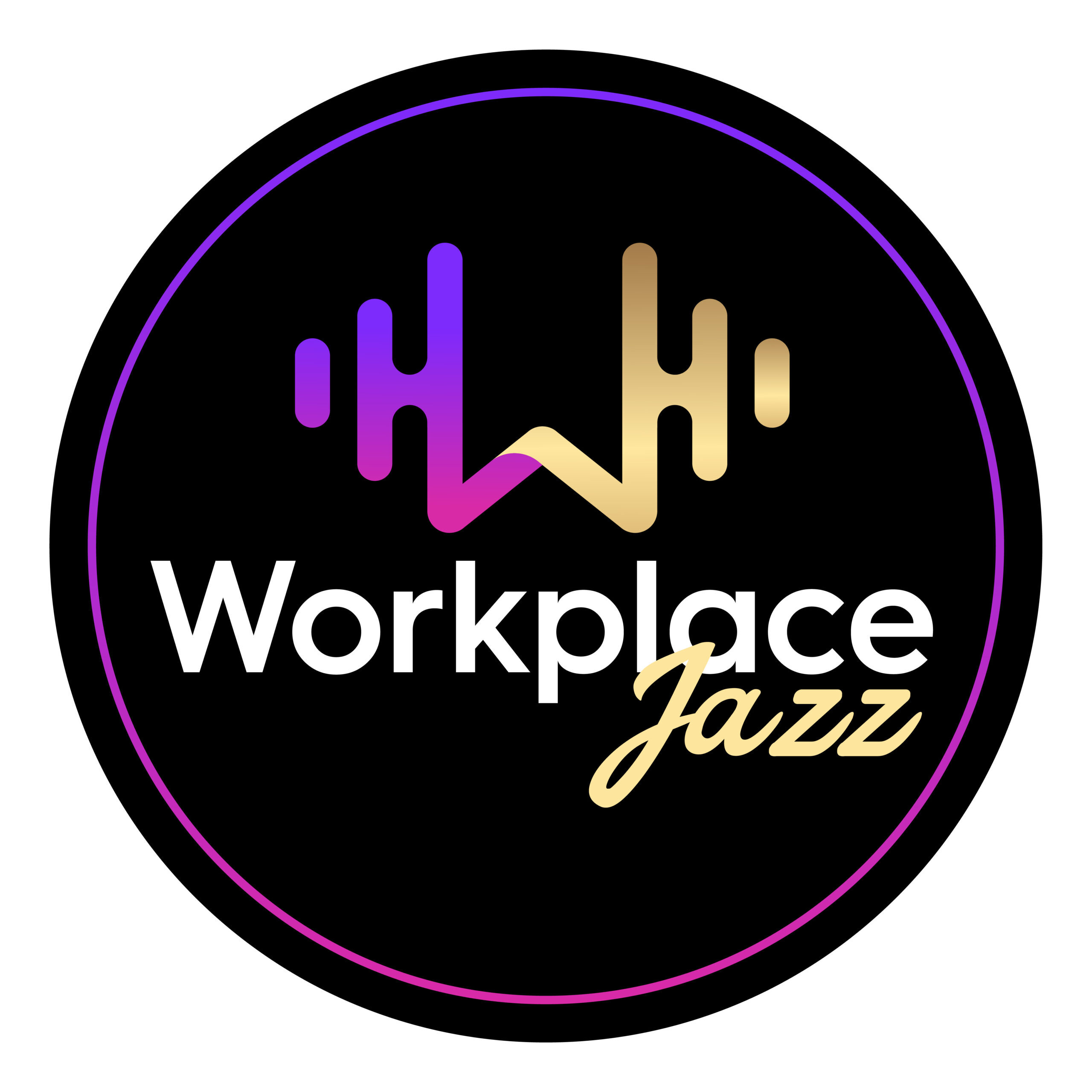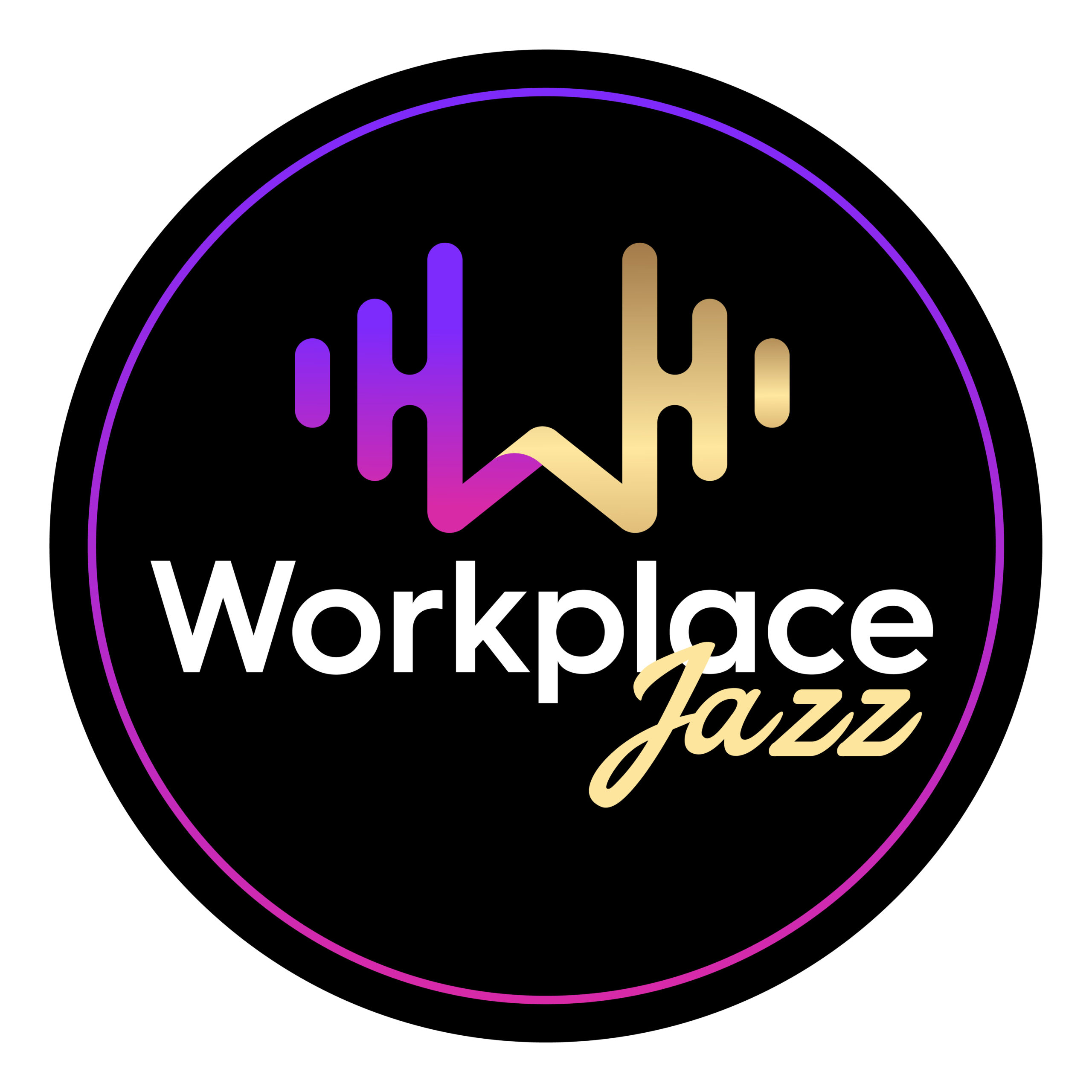Introducing Workplace Jazz
During this first podcast, Gerald shares what music taught him that he uses to help his clients in their business. He also shares about his new book “Workplace Jazz,” where he raises a battle cry for individual and corporate responsibility in building cultures that are both healthier and more productive for those working in them, like a smooth jazz ensemble of Allstar headliners. https://youtu.be/xrl2kR2UdHM
(00:09):
Welcome to Workplace Jazz And How To Improvise, your trusted resource for creating high performing agile teams and learning the secrets used by today’s jazz musicians and their professional ensembles. I’m your host, Gerald J. Leonard
(00:25):
You know, the title of this podcast is Workplace Jazz, and it’s based on my up and coming book called Workplace Jazz: How To Improvise. Throughout this podcast, my focus is that it is a battle cry for individuals and organizations to build corporations and build culture that is healthier and more productive for its employees and staff and those who work in the organization.
(01:07):
You see, today’s workforce, I truly believe that it’s much more like a group of talented artists than information workers who would be items on a P&L worksheet. So here’s why I chose the words Workplace Jazz. You see, Workplace Jazz, the idea is that it teaches us strategies and steps for how professionals connect and transform their teams the way musicians do and execute to create these optimal results.
(01:35):
You know, according to McKinsey and their research, they found that in a lot of workplaces right now, and even in our virtual environments, people are hurting. And they’re looking to have their organizations value who they are and what they do. But because of the challenges they’re facing, their work performance has become depressed; there’s a lot of turnover at times, there’s a lot of fear, even with customer relationships being marred. And you see, in Workplace Jazz, the focus is on building relationships and helping the employees to feel like they are valued members of an incredible ensemble, the way jazz musicians think.
(02:15):
You see, one of the gaps between workforce engagement and workforce productivity that gap is widening right now. The study conducted by Kronos and Future Workplace says that the biggest threat to building an engaged and transformational workforce is employee burnout. And a lot of people are feeling burnout because they’re not feeling valued. A jazz musician is a type of person that will pay $2,000 for an instrument, $100 for lessons, drive a car that’s worth $5,000, and go to a gig where he makes $50. Why would someone do that? They’re doing it because it’s their passion. And when your employees went to school, they got their degree because they were passionate about what they were going to do for the rest of their lives. Somewhere down the line, they lost that passion. And it’s up to us as organizations and individuals who hire these employees and workers to help them see their passion. And that’s the thing I love about being a jazz musician and a business consultant, is I can help my clients understand that as a musician and as a team, as a group, we all have something incredible to add to and bring to our project. Still, we also need to be valued and treated like the artists that we are.
(03:40):
But on the same token, the artists, when they feel that way, take responsibility for practicing. Cause that’s the thing you want to do as a musician. You got to go in woodshed individually and improve yourself, so when you come to the team, you’re bringing something of value; you’re bringing your instrument. Whether you’re the drummer, whether you’re the guitar player, whether you’re the bass player, whether you’re a horn player, you perfected your part of the music, and what you’re trying to bring and you’re going to add value to the team. And it’s the leader’s job to kind of corral everyone and makes that happen.
(04:14):
Okay, so let me pause here for a second. And so I want to share with you three key things that, throughout the lifecycle of this podcast, that we’re going to be covering. And number one is managing high performers on high technology teams is exactly like conducting a jazz ensemble. Number two, too many leaders in today’s companies don’t know how to manage artists or the artists’ temperament who are members of their teams, and even few have a clue as to how to manage them. And number three, this podcast is about you. It is. It’s about you because you are the artist trying to figure out how to express yourself every day on your job and with your fellow musicians, fellow workers, and your boss and your manager. And especially now that most of us are working from home, we feel isolated. But when we take on the artist mindset, we can transcend that isolation to becoming masters of our craft and delivering something of value.
(05:17):
You see, many people that I’ve talked to have grown numb to the lack of meaningful conversation at work. And imagine how that’s becoming even more distanced because we’re not always talking to each other; we have to make Zoom appointments, our Microsoft Team appointments to chat with each other. And the water cooler conversations that spontaneously happen are not happening the way they used to. So people are feeling somewhat isolated.
(05:45):
So we can’t forget that when we went to college and got an education and learned skills, we entered the workforce because we had a passion for making a difference. And this podcast is to help you regain that passion. To help you regain that passion and know that what you do as an artist, whether you’re an accountant, bookkeeper, IT professional, developer, coder, or manager, you’re an artist. You’re bringing art to work, and you’re getting your passion for working. This podcast aims to teach you how to do that regularly and how to recruit your team members so that you can have a smoking jazz ensemble.
(06:24):
Now, let me pause one more time before we kind of land the plane on this first introductory podcast. Now, before I get in-depth into all the details of the concepts and principles and the frameworks and the thoughts that I’m going to be sharing throughout this podcast, I thought I’d share with you why music means so much to me as a professional business consultant as well as a professional musician.
(06:48):
During my childhood, when I grew up, I grew up in a time when there was the Cuban Missile Crisis, the assassination of John F. Kennedy, and the civil rights activist Martin Luther King, Jr. was assassinated. And even the Vietnam War was going on. It was a challenging time in the world’s history, in the world that I grew up in. Sometimes to get away from all that noise, I’d sneak out, and I’d go on in my sister’s room, and I grabbed her red guitar. You see, she had this little red guitar that she never played; even though she took lessons and wanted to play it, she never would practice. So I would go in and grab it. And I would sit in a closet, and I would play. And I would stay for hours and get lost.
(07:29):
And so finally, one day I’d snuck into her room, and I’m playing along, and I’m lost in my little world a bit, playing music, as best as I could, and she found me. And she looked at me, and she was like, “You know, I can’t have anything.” And then she realized, “But I’m nearly not going to play this little red guitar,” so she let me have it. And I always say, in more ways than one, as sisters would do, she let me have the guitar, but she also let me have it for stealing her guitar.
(07:55):
So eventually, she just said, “You go ahead and take it. I’m going to do something else.” And so I took that little red guitar, and I fell in love with playing music. And I haven’t had to sneak her guitar ever again. I saw the other week, as now we’re grown adults, and we still have that little red guitar.
(08:15):
But you see, I fell in love with playing music. I fell in love with learning to play music. I fell in love with wanting to be taught the disciplines of music. And so music has been in my life since I was 12 years old. Music has taught me many things. It’s taught me the discipline of practice. It’s taught me to play fairly with my friends. It’s taught me how to listen. I mean, listen to others. It’s taught me how to connect with others and also how to have fun in my life. And in that process, I started getting pretty good, so I joined a band. And I joined a band with some friends, and one of them was a fantastic guitar player. I mean, he had been playing for a long time, and I knew I couldn’t compete.
(08:59):
So I realized that if I wanted to be in the group, I had to do something else. So I learned to play the bass because we needed a bass player. And when I started playing, I realized that when playing the guitar, I would just kind of strum some chords and play some notes and sort of play along. But when I played the bass, I had to stop and think about the structure of the song, the rhythm, the tone, and realize that as the bass player, you’re setting the pace for the way the music is going to go and the way that people are going to dance to it and so on. And it forced me to learn the structure of music and how to embrace what we call deliberate practice that we’ll get into later.
(09:43):
And it has impacted my entire life. I’ve spent my whole life playing music after I picked up my sister’s guitar. I did my bachelor’s and masters in music. But more importantly, it’s taught me about systems. It’s taught me about processes. It’s taught me how to overcome challenges because I’ve learned how to play exciting things.
(10:07):
And so this podcast, Workplace Jazz, is more than just a podcast about business. It’s a podcast about life. It’s a podcast about mastery. And one of my goals for the podcast is to interview other artists. And so working on my book, I have a book coming out called Workplace Jazz, and it now is with the publishers, and they’re going through the process, and that’s going to be released soon. At the same time, I’m also working on my first album. I am an older adult, and I’m getting to do something that I wanted to do in my twenties, but I realized something in life: age is only a number. And so I’m taking the mantle of Workplace Jazz, and I’m living it with my clients. I’m living it in my personal life. I’m living it in my music, and I’m living it with my business. And I hope that you would come and join me and live the Workplace Jazz lifestyle.
(11:08):
You’ve been listening to Workplace Jazz with me, Gerald J. Leonard. How To Improvise. Thanks for listening.

